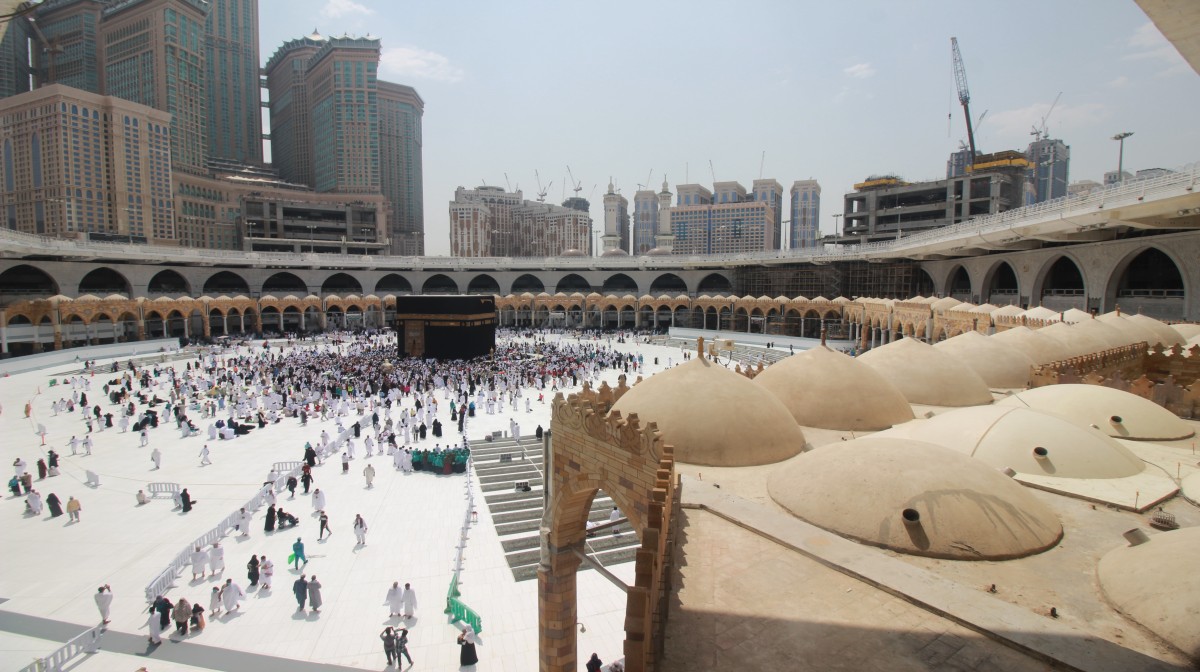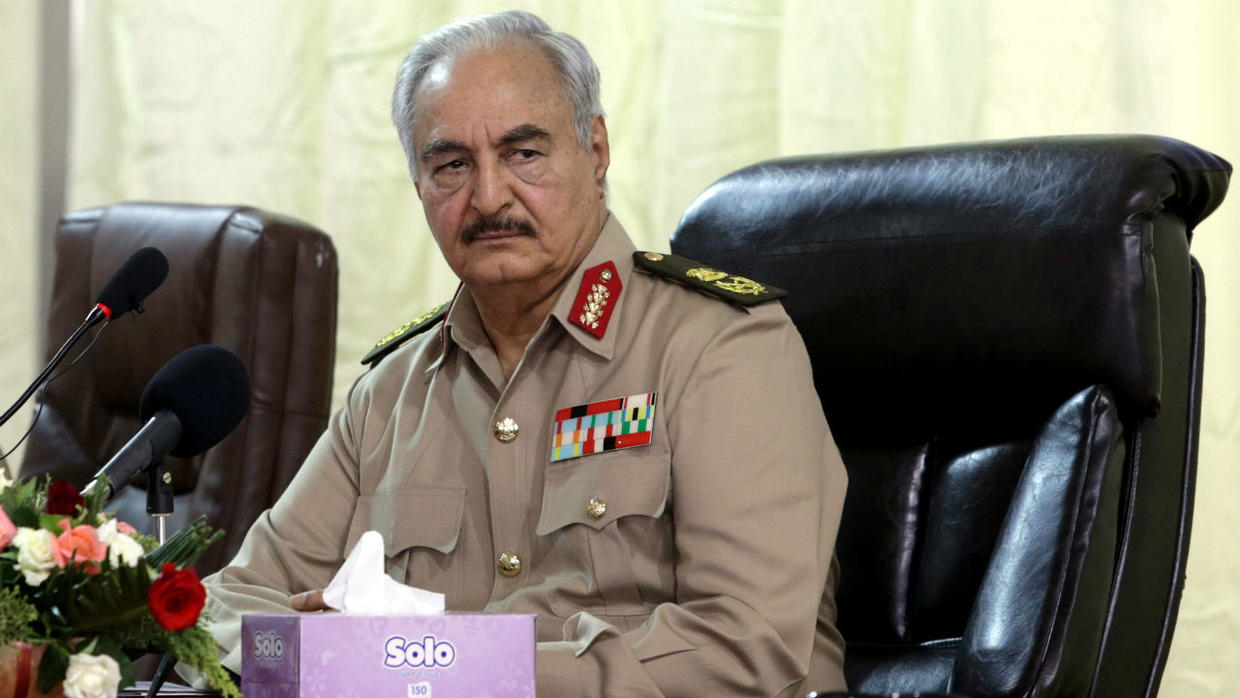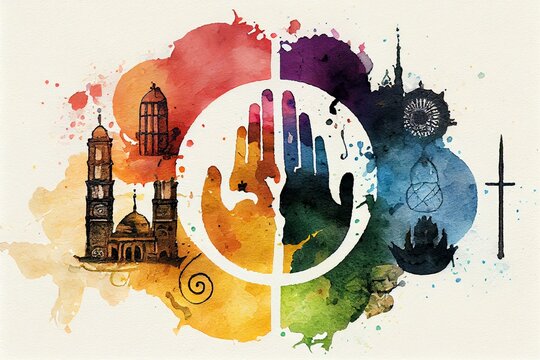Saudi-India Ties: “A New Era of Strategic Partnership”
By Nilofar Suhrawardy, MMNS India Correspondent
NEW DELHI: Prime Minister Manmohan Singh described his three-day visit to Saudi Arabia as “very productive and fruitful†(February 27 to March 1). The highlight of his visit was inking of “Riyadh Declaration: A New Era of Strategic Partnership,†by Saudi King Abdullah bin Abdulaziz Al Saud and the Indian Prime Minister. The declaration signed on February 28, states that the two leaders held “in depth discussions on a wide range of issues in an atmosphere of utmost warmth, cordiality, friendship and transparency.†They agreed that Saudi King’s India-visit in 2006, during which the Delhi Declaration was signed (January 27, 2006), and Singh’s “current†visit “heralded a new era in Saudi-India relations†“in keeping with changing realities and unfolding opportunities of the 21st century.â€
In addition to laying stress on strengthening of bilateral ties between India and Saudi Arabia, the declaration highlights the crucial global issues discussed by the two leaders. They “noted that tolerance, religious harmony and brotherhood, irrespective of faith or ethnic background, were part of the principles and values of both countries.†Condemning terrorism, extremism and violence, they affirmed that “it is global and threatens all societies and is not linked to any race, color or belief.†“The international community must,†according to the declaration, “resolutely combat terrorism.â€
With the peace process in Middle East high on their agenda, the two leaders “expressed hope for early resumption of the peace process,†“within a definite timeframe leading to establishment of a sovereign, independent, united and viable Palestinian State in accordance with the two-state solution.†They “emphasized†in the declaration that “continued building of settlements by Israel constitutes a fundamental stumbling block for the peace process.â€
The declaration strongly signals their being against nuclear weapons while they favor peaceful uses of nuclear energy. The two leaders “emphasized the importance of regional and international efforts†directed towards making “Middle East and Gulf Region free of all nuclear weapons and all weapons of mass destruction,†according to the declaration. They “reiterated their support†to “resolve issues relating to Iran’s nuclear program peacefully through dialogue and called for continuation of these efforts.†They “encouraged Iran to respond†to these efforts to “remove doubts about its nuclear program, especially as these ensure the right of Iran and other countries to peaceful uses if nuclear energy†in keeping with procedures of International Atomic Energy Agency, the declaration states.
The situation in Afghanistan and Iraq also figured in their discussions. They called for “preservation of Afghanistan’s sovereignty and independence.†They “expressed hope†that forthcoming elections will help people of Iraq “realize their aspirations†by ensuring them security, stability, territorial integrity and national unity.
Though Indo-Pak relations are not mentioned in the Declaration, they figured prominently in discussions held between the two sides. While addressing the Saudi Parliament, Majlis-Al-Shura at Riyadh (March 1), Singh said: “India wishes to live in peace and friendship with its neighbors.†“We seek cooperative relations with Pakistan. Our objective is a permanent peace because we recognize that we are bound together by a shared future. If there is cooperation between India and Pakistan, vast opportunities will open up for trade, travel and development that will create prosperity in both countries and in South Asia as a whole. But to realize this vision, Pakistan must act decisively against terrorism. If Pakistan cooperates with India, there is no problem that we cannot solve and we can walk the extra mile to open a new chapter in relations between our two countries,†Singh stated.
During his interaction with media persons, to a question on whether Saudi Arabia can be “credible interlocutor†on some issues between India and Pakistan, Singh replied: “Well I know Saudi Arabia has close relations with Pakistan. I did discuss the Indo-Pak relations with His Majesty on a one-to-one basis. I explained to him the role that terrorism, aided, abetted and inspired by Pakistan is playing in our country. And I did not ask for him to do anything other than to use his good offices to persuade Pakistan to desist from this path.â€
While addressing the Saudi Parliament, Singh highlighted importance Islam has for India. Describing Saudi Arabia as “the cradle of Islam and the land of the revelation of the Holy Quran,†Singh said: “Islam qualitatively changed the character and personality of the people in Arabia as it enriched the lives of millions of Indians who embraced this new faith.†Tracing their historical ties, he said: “It is said that during the reign of the Mughal Emperor Shah Jahan, Indian pilgrims constituted the largest movement of people by sea. Indian Muslim scholars went to Mecca in order to learn Islamic theology. Arab Muslim scholars came to India to learn mathematics, science, astronomy and philosophy. These exchanges led to the widespread diffusion of knowledge in the sciences, arts, religion and philosophy.â€
“Today, Islam is an integral part of India’s nationhood and ethos and of the rich tapestry of its culture. India has made significant contributions to all aspects of Islamic civilization. Centers of Islamic learning in India have made a seminal contribution to Islamic and Arabic studies. Our 160 million Muslims are contributing to our nation building efforts and have excelled in all walks of life. We are proud of our composite culture and of our tradition of different faiths and communities living together in harmony,†Singh said.
Undeniably, the Indian Prime Minister’s visit to Saudi Arabia symbolizes the two countries’ desire to strengthen their ties, “upgrade the quality†of their “relationship to that of a strategic partnership,†as stated by Singh. During his visit, Singh also paid special attention to highlight importance of Islam from the Indian perspective. Besides, the Riyadh declaration specifically condemns terrorism and states that it cannot be linked with any “belief.†In addition to strengthening ties with Saudi Arabia, Singh’s words suggest that he is hopeful of it setting the stage for improving relations with other Muslim countries; it will enhance his government’s image at home among the business community eyeing for more trade opportunities with the Arab world and gain his party greater support from Indian Muslims.
12-10














2010
888 views
views
0
comments